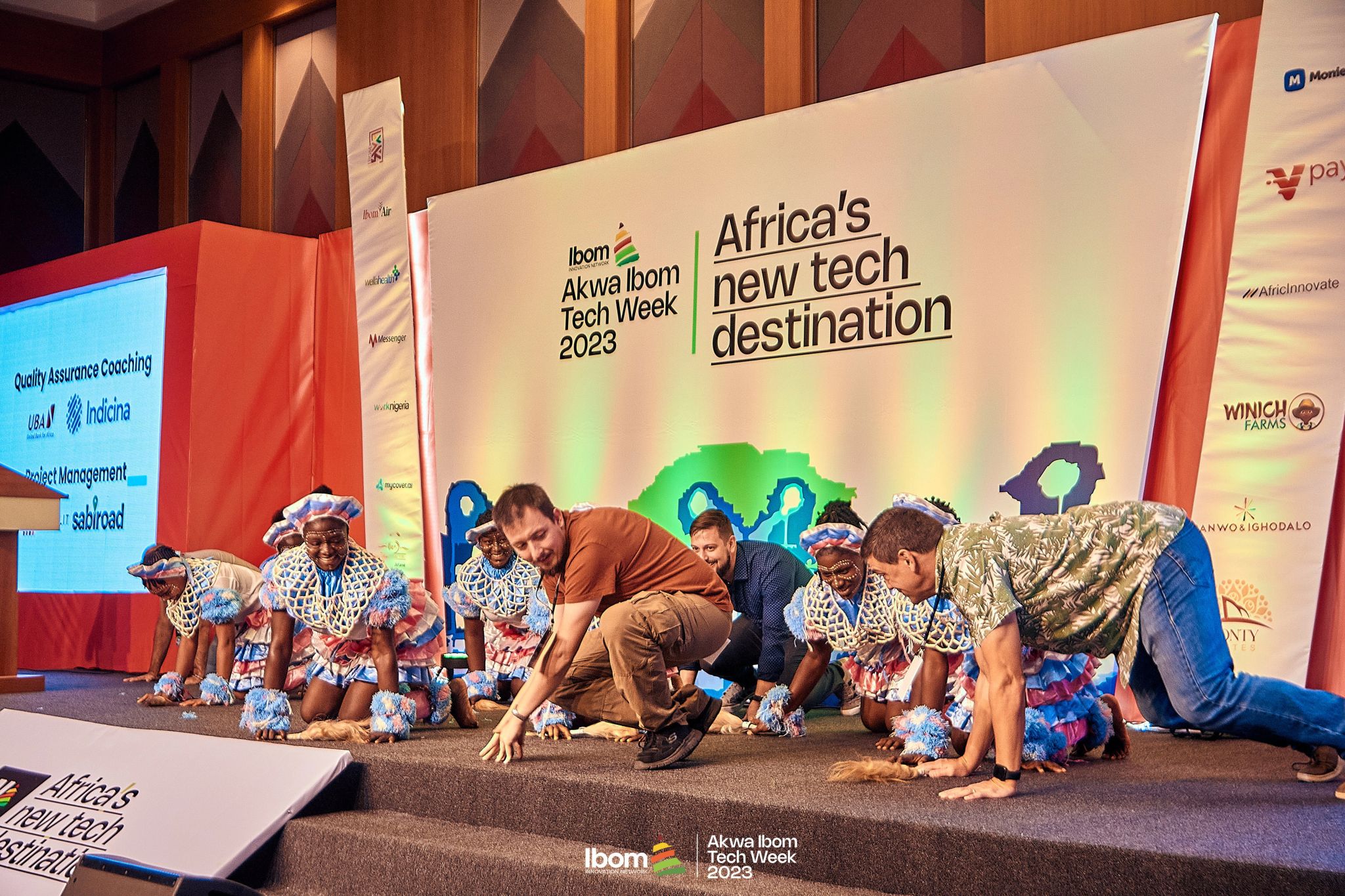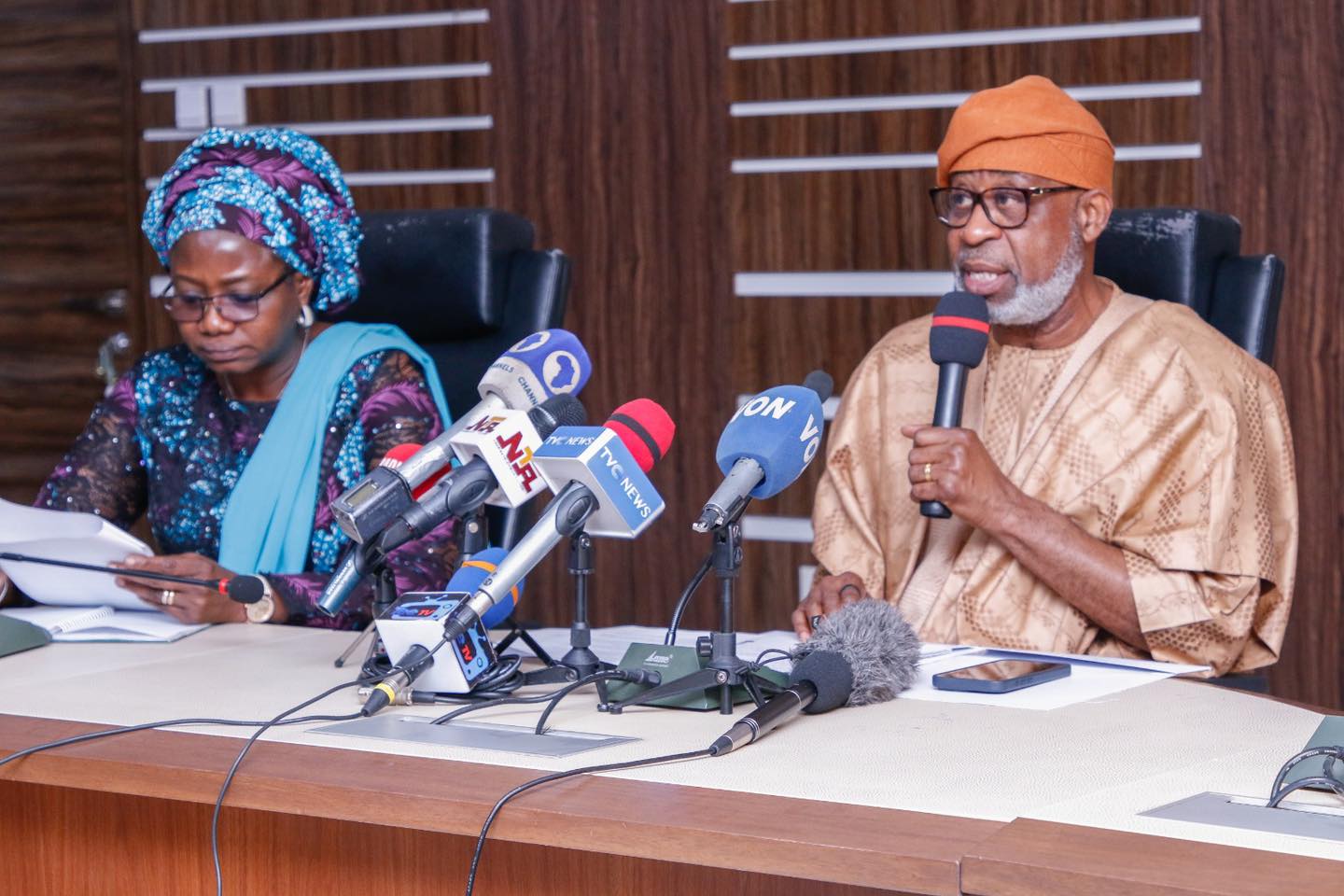Cloud technology could be a major enabler of economic development on the African continent – but some stubborn barriers need to be cleared first, says Andrew Cruise, Managing Director of vendor neutral cloud infrastructure provider, Routed.
The African continent represents 60 percent of the world’s arable lands and 30 percent of the earth’s mineral reserves – making it a rich continent in many ways. Yet it contributes only 2 percent of the world’s research output and lags behind in several key technological sectors. For the continent to achieve its potential and escape the unsustainable colonial development model of resource extraction, investment in digital competencies is crucial. In certain areas, the continent is faring reasonably well in this regard. Mobile penetration, for example, is skyrocketing – 615 million users in sub-Saharan Africa are expected to subscribe to mobile services by 2025.
But the bigger picture remains disconcerting. According to the World Economic Forum, African Union member countries pledged to contribute 1 percent of their gross domestic product to research and development (R&D) in 2006, yet only four countries reach this figure in their annual budgets. The continent holds just 0.1 percent of the world’s patents, produces 2 percent of the world’s research output, and there are around 198 researchers per million people in Africa – compared to over 4000 in the United Kingdom and United States.
How cloud and other tech can help
Cloud computing has the potential to boost economic development. Not only does it improve mobile productivity and big data, but it allows small businesses to scale without a large capital investment – a possible boon for the SMEs that represent 98 percent of South Africa’s business force, for example.
Effective cloud applications allow smaller businesses to have the same technology at their fingertips that large corporations pay millions for – on a scale and budget that suits their needs. It significantly reduces upfront ICT infrastructure costs, diminishes the burden of IT maintenance, and allows for more efficient updates. It also provides cost-effective security and improves remote work capabilities.
Cloud essentially allows businesses to ‘rent’ infrastructure, so that the technical hardware is always of the highest standard, there’s guaranteed uptime for system availability, and scaling becomes as simple as renting more processing power and storage. Cross-border expansion is also much simpler, as it eliminates the costs and complexities of setting up new infrastructure elsewhere.
According to a paper by the International Monetary Fund, SMEs’ growth prospects can be significantly boosted by digital technologies such as cloud. “Going online enables SMEs to reach new clients and markets at low cost and to reduce communication costs. (Technology such as cloud computing) improves efficiencies, reduces capital expenditure and operational costs, and speeds up cross-border transactions – (helping) firms scale up faster, increasing employment and boosting output growth,” say the researchers.
Of course, cloud would be one aspect of a broader technological economic upliftment picture. Artificial intelligence, machine learning, big data, and the internet of things (IoT) all require major investment on the continent. And before such advanced technologies can truly be successful, more pervasive technologies first need to thrive. One Harvard study looked at the most important technological enablers of economic growth in six African countries and identified digital money, promotion of job-creating digital businesses, better technological infrastructure and fewer disruptions of such infrastructure as key elements required for technological growth across the board.
The hurdle
There is a glaring obstacle in the way of Africa’s cloud and other technological adoption and resultant potential for economic growth: expensive, unreliable, slow internet. World Data Lab’s Internet Poverty Index paints a dismal picture. It adjusts the actual cost of internet services in every country to estimate what a standard mobile internet package of 1 GB at 10 MB/second would cost in that country. It then extrapolates how many people in the country could afford such a package. If the cost of the package is above 10 percent of a person’s total spending, the person is considered internet poor.
Nigeria tops the Internet Poverty list and, of the ‘top’ 20 countries, 11 are in Africa. South Africa, the highest-ranked African country in terms of infrastructure integration, is tenth on the list and has over 38 million internet-poor citizens in its 60-odd million population. To put this in context, the country with the closest population size on the list, Italy (58 million people), has just over 800,000 internet-poor residents.
Though the World Bank hopes to help the continent achieve universal connectivity by 2030, its estimates suggest that Africa will require an investment of USD$100 billion to plug every citizen into the internet by 2030. Hafez Ghanem, the World Bank’s vice president for Eastern and Southern Africa, said on the bank’s website that “no single actor will be able to meet Africa’s 2030 target and carry the burden of a USD$100 billion investment funding requirement alone”.
And the most important condition for cloud to be successful in any country is cheap, reliable, and fast internet. This is normally provided by fibre – a norm in rich countries in Europe, for example. But in African countries where infrastructure is lacking, wireless and satellite technologies hold sway and provide expensive, slow, unreliable connectivity. Some North African countries are faring better because of their proximity to the UAE, but those in the sub-Saharan region mostly rely on cabling from Europe – an expensive endeavour.
There are other hurdles preventing even internet-rich businesses from making the switch to cloud. It’s expensive to move to the cloud initially; some businesses do still require on-premises solutions, albeit fewer; and understanding of the technology is sometimes lacking, especially when organisations opt for a complex multi-cloud environment.
But it all starts with better internet. The internet itself is commonly held to be a driver of economic prosperity. It enables sharing of information, sharing of expertise, sharing of knowledge, and education. It opens doors for people to drive new ideas and improve their business offerings. It is as important as basic services like water and electricity and should be regarded as such. ICT elements of economic growth must revolve around the internet.
What needs to change?
Currently, much of the innovation, R&D and communication in the African tech sphere is being driven by large international corporates connecting global communities – the likes of Google, AWS, Microsoft, Apple, and Netflix have an increasing foothold on the continent. Should governments get more involved, this culture could grow at a community level.
Of course, all of this requires major resources. The capital investment to purchase equipment, the time to upskill workers, and the effort to find ways to divert other resources to such endeavours. According to the World Economic Forum, three things need to happen at a state level for technology to push Africa’s economic growth.
First, language needs to be digitised to improve literacy, and in turn, digital literacy. Communication is at the core of development and interactions within and between communities impact the continent’s economic, social, and cultural welfare. With over 2000 languages spoken in Africa, governments must invest in indigenous languages to improve literacy rates, particularly on digital channels, to unlock critical understanding and improve communication abilities among diverse people.
Secondly, African governments should prioritise R&D investments at higher education institutions, focusing on producing and commercialising scientific knowledge. And, thirdly, Africa’s culture of innovation needs to be extended to the digital sphere. Though the continent shows creative innovation at a community level through projects such as farming cooperatives, digital innovation is not as much part of the continent’s culture – yet.
I would also add a fourth requirement: increasing labour rates. Where labour is cheap, technology doesn’t thrive. Low labour rates create a tendency to use manual labour instead of investing in the efficiencies that technology can bring. In countries where labour is more expensive, technological advances are more likely to happen. Cheap labour is not only holding the continent’s technological advances back but holding its people hostage.
When people value humans more, they’re more inclined to invest in technology. In turn, economies flourish, security grows, and communities thrive.

















